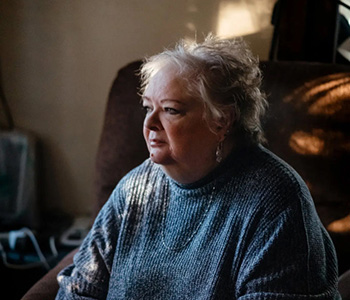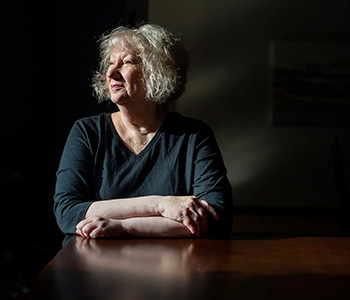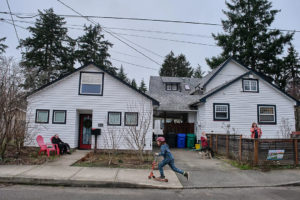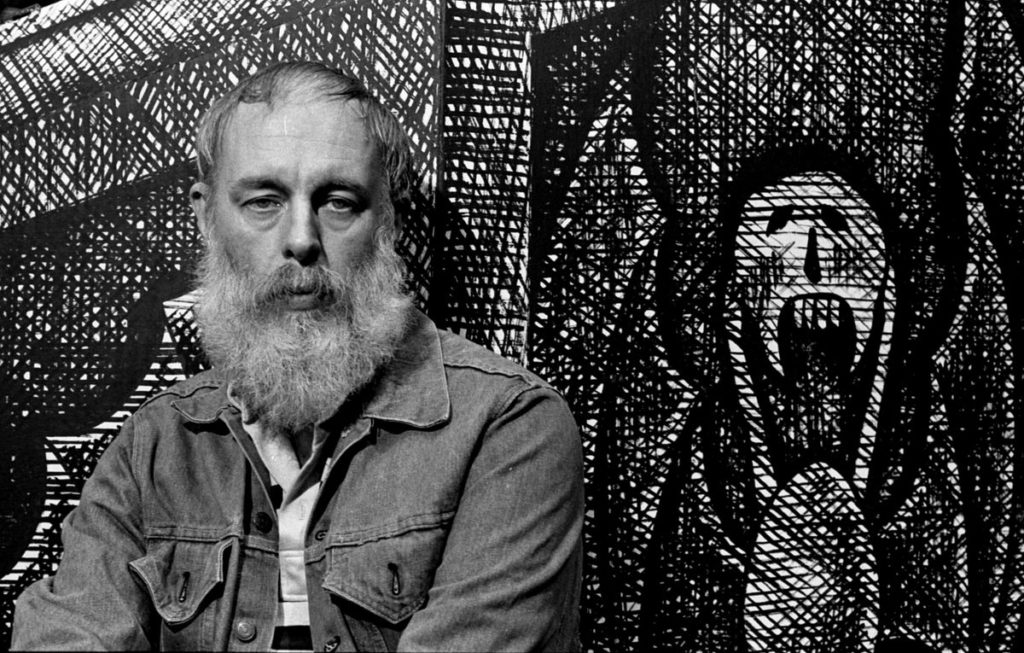
Lynne Ingersoll and her cat, Jesse, spent a quiet Thanksgiving Day together in her small bungalow in Blue Island, Ill.A retired librarian, Ms. Ingersoll never married or had children. At 77, she has outlived her parents, three partners, her two closest friends, five dogs and eight cats.
When her sister died three years ago, Ms. Ingersoll joined the ranks of older Americans considered “kinless”: without partners or spouses, children or siblings. Covid-19 has largely suspended her occasional get-togethers with friends, too. Now, she said, “my social life consists of doctors and store clerks — that’s a joke, but it’s pretty much true.”




